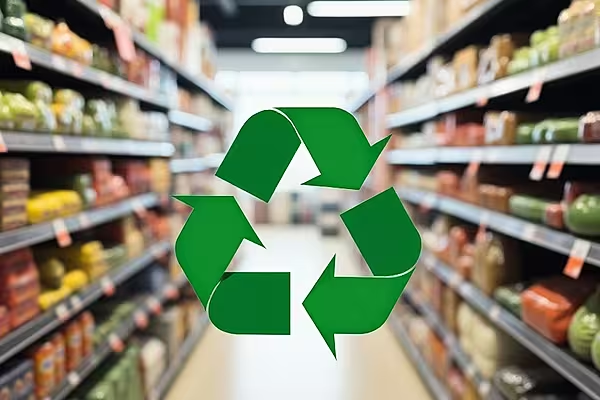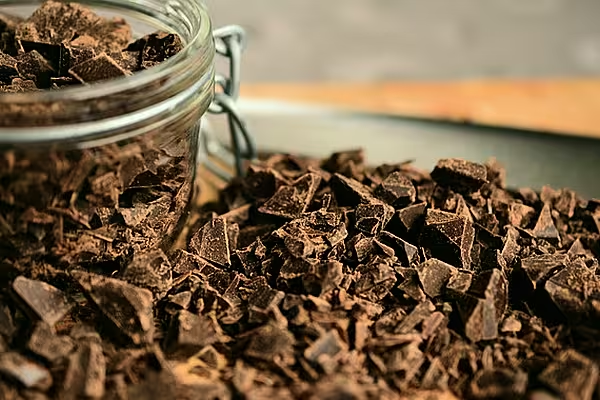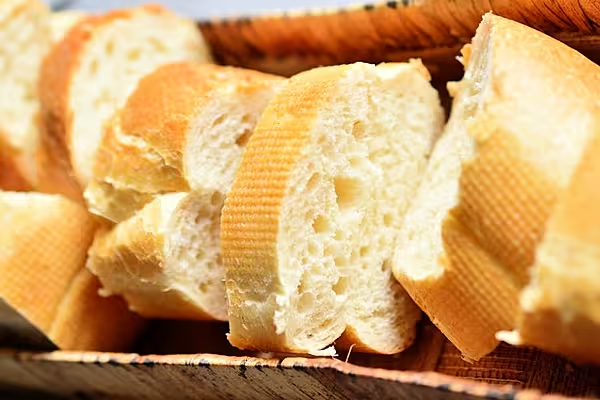Coffee growers in Vietnam, the top producer of robusta beans used by Nestlé, probably have smaller stockpiles than a year earlier after rising prices boosted sales, underscoring the shortage in global supplies.
Farmers had unsold reserves equal to 10 per cent of the record harvest at the end of July from 12 per cent at the same time last year, the median of estimates from 13 traders compiled by Bloomberg show. Production may drop 3 per cent to 1.65 million metric tons in the year starting October, the survey shows. That’s lower than a forecast for 29.3 million bags (1.76 million tons) by the US Department of Agriculture.
Futures in London have climbed 17 per cent this year on speculation that consumption will outstrip supply in 2014-2015. The robusta shortfall will be 1.6 million bags, or 96,000 tons, according to Volcafe Ltd. Total coffee demand will exceed output by as much as 10 million bags, the International Coffee Organization said this month, based on research by others.
“Most farmers are sold out already because of high prices,” said Le Tien Hung, general director of 2 September Import-Export Co., the second-largest exporter by volume. “Leftover stocks are mainly held by local buying agents.”
Futures settled at $1,968 a ton on NYSE Liffe yesterday, which was 5.4 per cent above a three-month low on 10 June. Prices advanced 4.4 per cent in July, rising for a second straight month, after an 11 per cent slump in May. Arabica, the variety favored by Starbucks Corp., has increased 66 percent to $1.84 a pound this year.
Vietnam Deliveries
Robusta delivered against the expired July futures contract amounted to 6,512 contracts, or 65,120 tons, the largest since March 2013, Liffe data showed 31 July. Most of the deliveries were from Vietnam, with about 6 per cent coming from Brazil, the second-biggest robusta grower and the top producer of arabica.
“Prices were good so farmers took the opportunity and sold coffee earlier,” said Phan Hung Anh, deputy director of Dak Lak-based Anh Minh Co., the largest private exporter by volume. “Right now trading is rather quiet.”
Farmers had 175,000 tons of unsold stocks at the end of July from a record 1.7 million ton crop, compared with 180,000 tons a year earlier when the harvest was 1.5 million tons, according to the survey.
While a record crop probably stressed trees and may reduce yields, heavy rains last month also spurred diseases in some regions and resulted in loss of cherries, Anh said.
Weather Risks
“Recent heavy rains caused fungus and made fruits fall off plants in some areas in the Central Highlands,” Anh said. “They will help build up water reservoirs for irrigation.”
Rainfall recorded in Dak Lak averaged 400.42 millimeters in July at 10 stations, including one in neighboring Dak Nong province, more than double 192.54 millimeters in July last year, according to the Meteorology and Hydrology Department in the province, which represents about 30 per cent of the harvest.
Average water levels in rivers and streams in Dak Lak in the last 11 days of July were 0.5 metros to 1.3 metros higher than the same period last year and 0.4 metros to 1 metros higher than the average in previous years, the weather office said in a report emailed 3 August.
The global market, including arabica and robusta, will have a shortage of 11.3 million bags in 2014-2015, the most in more than a decade, from a surplus of 4.7 million bags this season, Volcafe, a unit of trader ED&F Man Holdings Ltd., said 3 June. The estimate takes into account losses from a drought in Brazil and smaller crops in Vietnam and in Indonesia, the third-biggest robusta grower.
Bloomberg News edited by ESM













